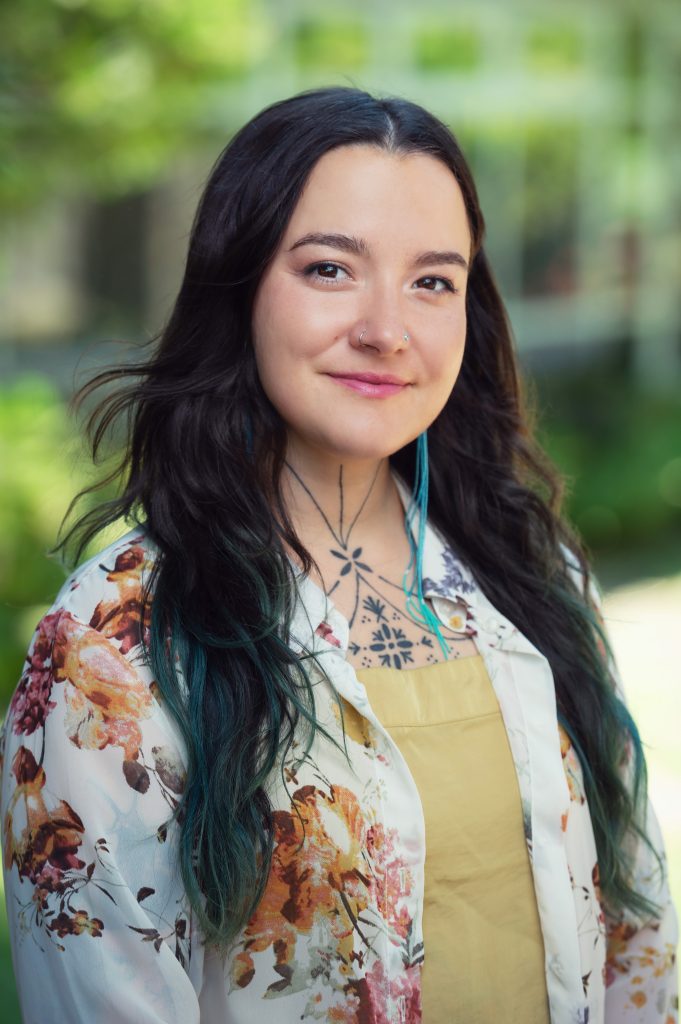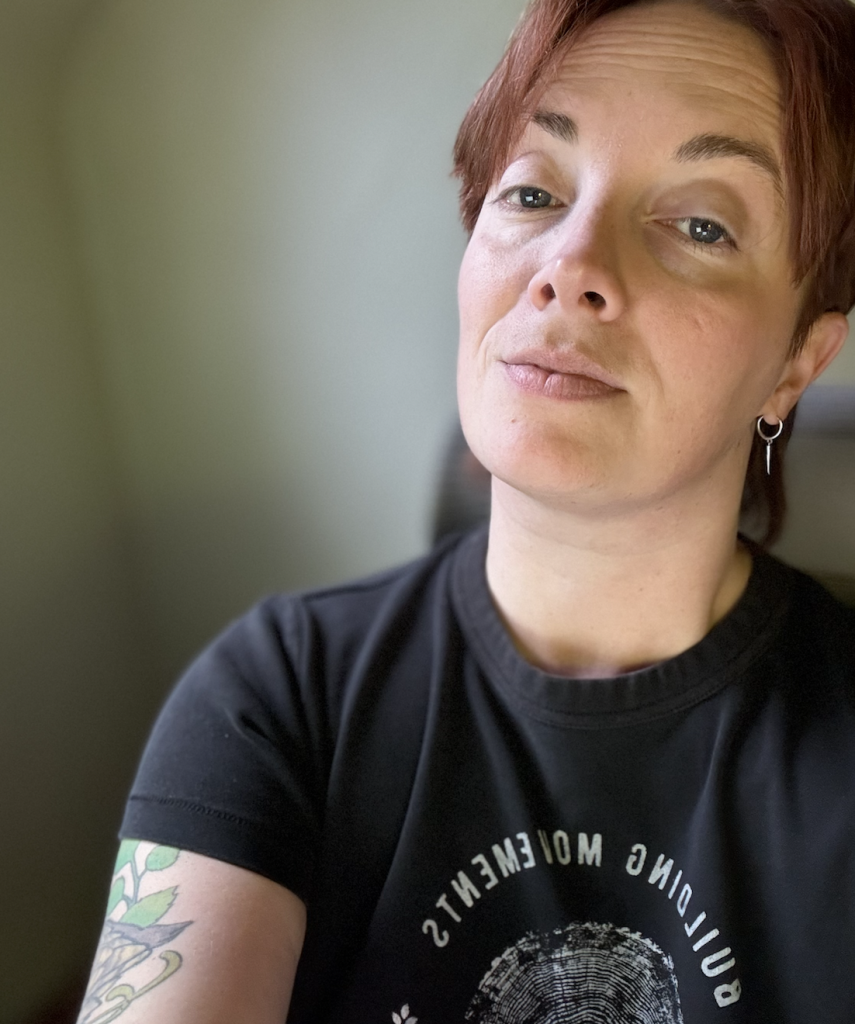Opening Keynote: Karleen Delaurier-Lyle
Title: Librarians as Helpers: Bringing Ideas and Lessons Back with Us
Date and Time: Tues, June 10, 2025 at 9:30 AM
Location: MDCL 1305
Live Captions Available: Click here to access live captions during the keynote

Description: This opening keynote will explore how information professionals contribute to their local communities as knowledge-seeking helpers and ways to build meaningful educational relationships with learners. Karleen will share ways colleagues can uplift one another in the workspace, and not only improve library services, but also contribute to one another’s learning and well-being. By expanding institutional definitions of ‘community’ that move beyond our individual campuses, librarians are better able to help address larger community issues which we all are a part of. Karleen will share her own experiences as a guest on unceded Indigenous territories, and how relationships with Host nations contribute to our distinct helping practices on the lands and waters in which we live upon and share.
This talk is intended to create space for collaboration among conference attendees, in order to identify strategies to action the lessons from this conference, and how we make lessons relevant to our work as helpers and instructors. You are invited to reflect on the following questions which may inform our work, as we navigate institutional definitions of “community” and “engagement”, while also respecting the lands and waters which we share: What are our individual values? How do we bring these values into our personal and institutional instruction methods? How do these compare/contrast to the values/practices of the institutions we work within? This presentation gives us space to ask ourselves these important questions, as we prepare to gather information to bring back to our home communities and workspaces.
Bio: Karleen Delaurier-Lyle is the Information Services Librarian at Xwi7xwa Library (UBC Library). She earned her Master’s in Library and Information Studies at UBC Vancouver’s iSchool and has a major in Indigenous Studies and Minor in Gender & Women’s Studies from UBC Okanagan.
Positionality statement: I identify as a cis-gendered Indigiqueer woman. I was born and raised a guest on the unceded territory of the Syilx people in what is commonly known as Rutland, British Columbia. On my mother’s side (Delaurier) I am mixed of settler ancestry. On my father’s side (Lyle) I am Anishinaabe. I am an enrolled member of Berens River First Nation (MB) and also have family and connect to Lac Seul First Nation. My Wesley relatives from Fort Albany (Swampy Cree) married into the Trout (Ojibway) families of Lac Seul, and great grandmother Emily Wesley (Oji-Cree) married into the Baptiste family of Berens River through Fred Baptiste (Saulteaux). My grandmother was adopted to the Lyle family in Dryden Ontario and moved my father’s generation to the Okanagan valley. I am an urban Ojibwe Indigiqueer currently living on the unceded territories of the Musqueam, Squamish, and Tsleil-Waututh Nations.
Closing Keynote: Kate Klein

Title: Rethinking ‘Normal Learning’: Neurodiversity, Universal Design, and Autonomy for All
Date and Time: Thurs, June 12, 2025 at 11:15 AM
Location: L.R. Wilson Concert Hall 1048
Live Captions Available: Click here to access live captions during the keynote
Description: It is such a gift to facilitate other’s learning. It can sometimes feel challenging, though, to account for all the ways in which learners’ brains work differently. If there are as many kinds of minds as there are people, is it even possible to “get it right”? In this session, we will explore some key principles to guide us as we teach towards learner complexity and neurodiversity from a Universal Design for Learning (UDL) framework. Most centrally, we will focus on the question of learner autonomy — people’s ability to be in charge of what happens to them, the direction they’re going, and the speed at which they go — and how this benefits everybody, including library educators.
Bio: Kate Klein (they/them) has worked as a college educator for more than ten years, in a number of roles championing dignity, care, and autonomy in the student experience. They are a full-time faculty member in the Transitions to Post-Secondary Education program at George Brown College, teaching courses that focus on cultivating students’ curiosity and exploring reparative experiences around school and learning wounds. They are also a Universal Design for Learning coach, and facilitate workshops designed to support educators and knowledge workers in cultivating a neurodiversity-friendly, trauma-informed, and anti-oppressive teaching and facilitation practice.
